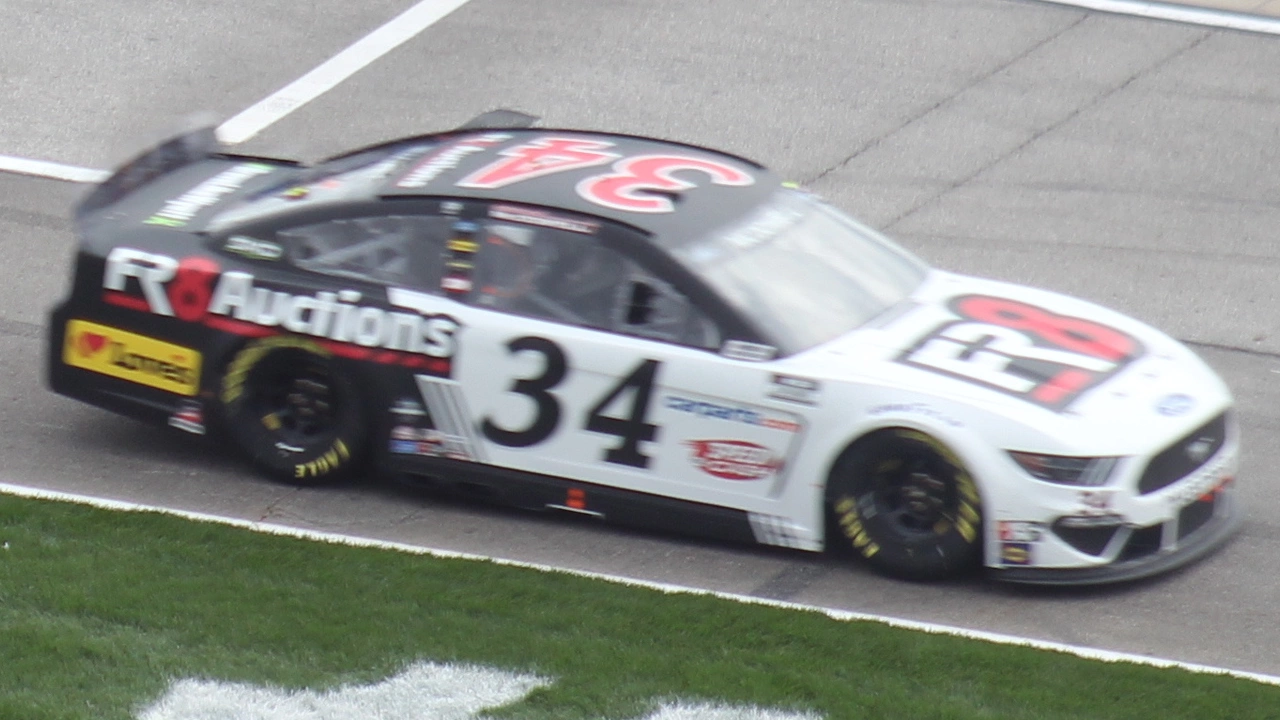Understanding Doping in Sports
Before we delve into the concept of doping in auto racing, it's crucial to understand what doping means in the world of sports. Doping refers to the use of prohibited substances or methods to enhance performance, a practice that is considered unethical and is banned in most sports. Athletes who dope typically use substances that increase muscle mass, reduce fatigue, or improve recovery times after training or competition. The use of such substances can give an unfair advantage over other competitors and poses significant health risks.
Performance Enhancement in Auto Racing
Performance enhancement is as much a concept in auto racing as it is in traditional sports. However, the means of achieving it are different. In auto racing, enhancement isn't about physical strength or stamina as much as it is about technical and mechanical improvements to the car. Teams invest heavily in research and development to improve the performance of their cars, with areas such as engine power, aerodynamics, fuel efficiency, and tire performance being key points of focus.
The Concept of 'Doping' in Auto Racing
In auto racing, 'doping' could be considered as any modification or addition to the car that is not allowed by the rules but gives a competitive advantage. This could include altering the engine to increase power, using prohibited fuel additives to boost performance, or even subtle changes to the car's aerodynamics to improve speed. Such practices are not tolerated and can lead to severe penalties, including disqualification, fines, or suspension of the team or driver.
Notable 'Doping' Scandals in Auto Racing History
Throughout the history of auto racing, there have been several instances where teams or drivers have been caught 'doping'. These scandals usually involve teams secretly introducing illegal modifications or using banned technologies to gain an edge over their competitors. For instance, in the 2007 Formula 1 season, McLaren was fined $100 million and disqualified from the constructors' championship for possessing confidential technical information from the Ferrari team. Such incidents serve as reminders of the severe consequences of breaking the rules in auto racing.
The Role of Regulatory Bodies
Regulatory bodies play a crucial role in maintaining fairness and integrity in auto racing. Organizations like the Fédération Internationale de l'Automobile (FIA) enforce strict regulations about what modifications and technologies are allowed in cars. They also conduct regular inspections and tests to ensure teams comply with the rules. Moreover, they are responsible for investigating any allegations of 'doping' and taking appropriate action when rules are broken.
Conclusion: The Importance of Fair Play
In conclusion, while there isn't a direct equivalent to doping in auto racing, the concept of gaining an unfair advantage through prohibited methods or technologies does exist. It's crucial for the integrity of the sport that teams and drivers adhere to the rules and compete fairly. In the end, it's not just about winning, but also about respect for the sport, the competitors, and the spirit of fair competition.





